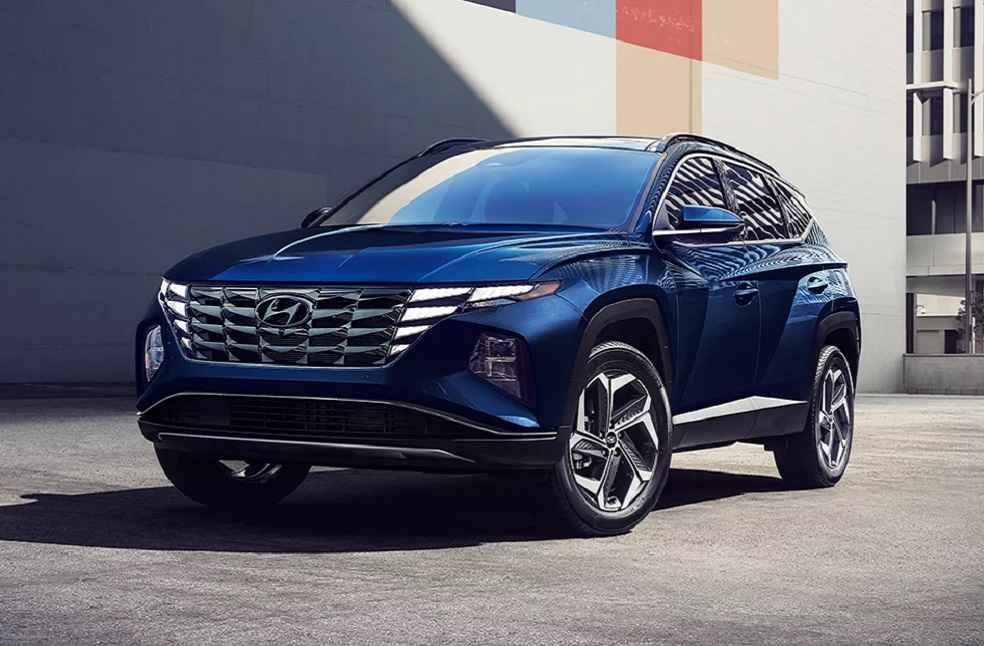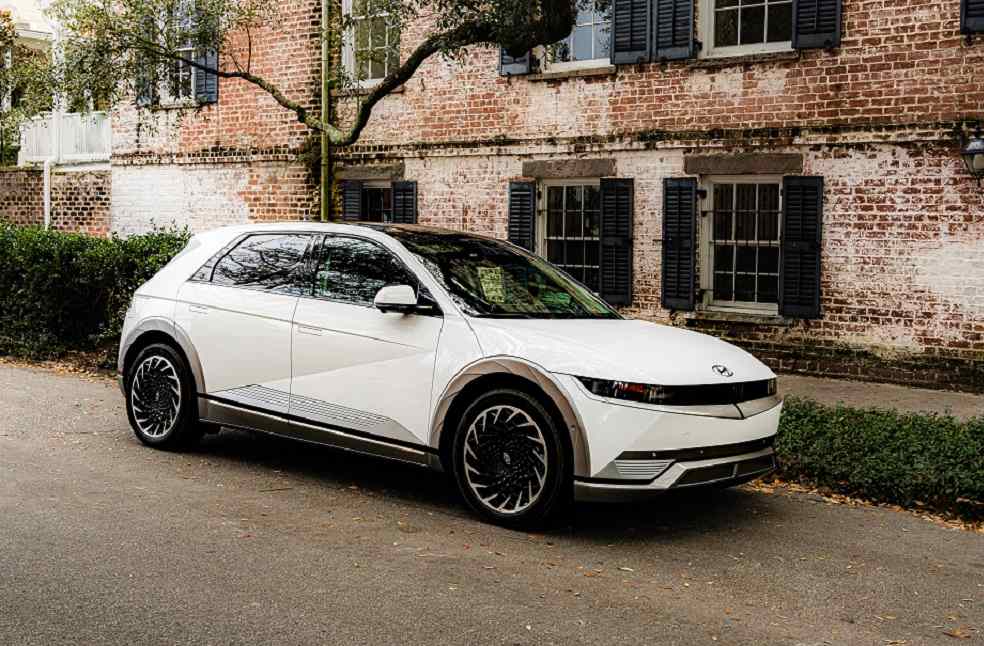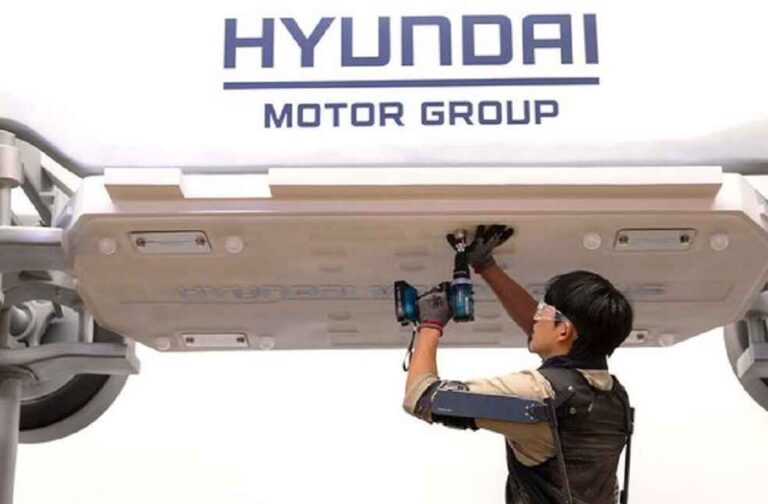Hyundai Motor Company posted a modest 0.2% increase in net profit for the first quarter of 2025, reaching $2.37 billion and exceeding analyst expectations, despite ongoing challenges in the global automotive market. The company’s performance was supported by strong sales of hybrid electric vehicles in the United States and favorable exchange rate conditions with the strong U.S. dollar.
Although Hyundai’s global wholesale vehicle sales declined by 0.6%, retail sales in the United States rose sharply by 11%, underscoring the importance of the U.S. market, which accounts for approximately 25% of the company’s global sales. Higher-margin hybrid electric models have helped boost earnings, with American consumers showing sustained interest in fuel-efficient alternatives.

However, the outlook remains clouded by the impact of a 25% tariff on imported vehicles and auto parts introduced by the Trump administration. Hyundai executives noted that the company proactively increased shipments before the tariff hikes, stockpiling sufficient vehicles and parts to support more than three months of U.S. operations. While this strategy may soften the immediate impact, the company acknowledged that the new tariffs would exert pressure on future profitability.
The South Korean government has responded by announcing a multibillion-dollar aid package aimed at supporting its automotive sector. In 2024, South Korea exported $35 billion worth of vehicles to the United States, representing nearly half of its total automotive exports. Early trade data from April already shows a downturn in car shipments to the U.S., highlighting the wider economic impact.

Analysts warn that while Hyundai’s first-quarter results remain resilient, the long-term effects of escalating trade tensions could weigh heavily on the company’s earnings and growth trajectory in key markets.
DON’T MISS | Leapmotor Enters India Backed by Stellantis’ EV Strategy





